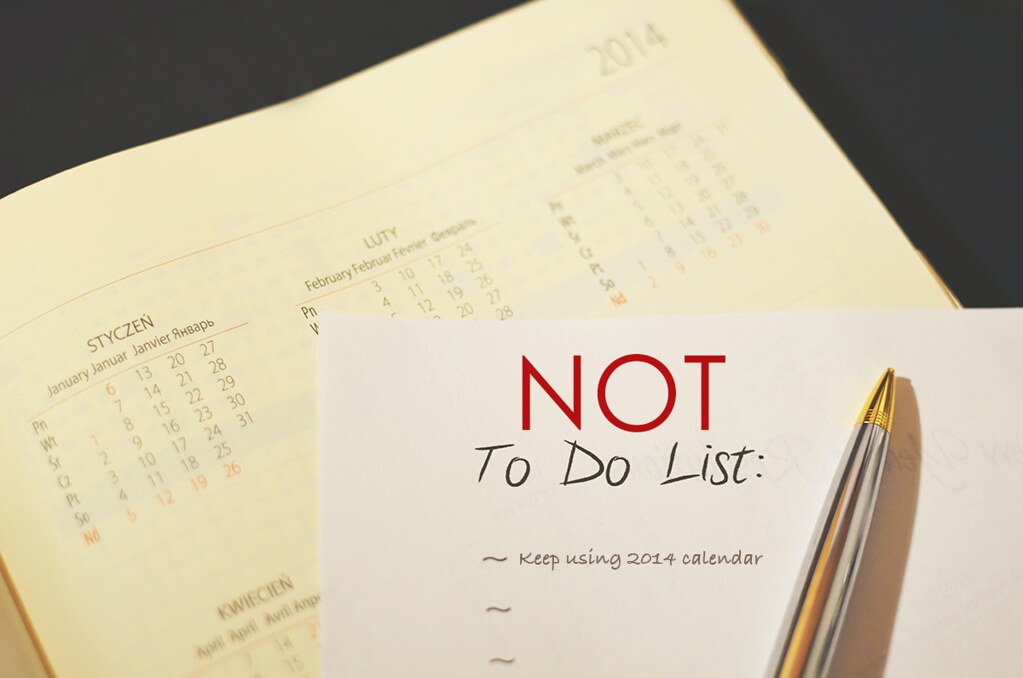How NOT to Learn Vocabulary
I’ve been meaning to write a longer blog post on this topic for a while, a sort of distillation of common mistakes witnessed over the years. Because it can be hard to find time for a proper long-form blog post, I figured I should probably just start with a simple list and expand on it later.

So, here you have it: common mistakes you want to avoid while learning vocabulary:
- Don’t add lots of “kind of interesting” words to your flashcards. You know the ones I mean… the “maybe I’ll use this someday” variety. These add up, and they will choke your vocabulary review sessions. Stick to what’s immediately useful: the words you can use in your speech immediately, or the words you frequently come across when reading but keep forgetting.
- Don’t neglect practice. Vocabulary review is a good thing, but if all you’re doing is keeping a whole bunch of words in a “sort of familiar” state which doesn’t quite make it to the “I can use this word the next time I need it” state, what are you really doing? Are you collecting, or are you trying to get fluent? Value your vocabulary.
- Don’t study new words in isolation; study new words in collocations and sentences (especially if you’re studying on your own). This is not just because sentences give you a clue as to how a word is used. It also gives you a clue as to how useful a word is. If a word is sort of “iffy” already, by looking at the collocations and example sentences, you should be able to spot red flags (hey, all these sentences are super formal!) or spot the most useful ways a word can be used (hey, this is exactly the object I want to use this verb for!).
- Don’t study big long lists all at once. This is one thing that I think both learners and teachers struggle with, but if you try to tackle too many words at once, none of them are going to stick very well. This isn’t to say that vocabulary lists are useless. The point here is that you’re better off picking 3-5 words from a longer list and really getting a handle on those first, rather than covering 10 and forgetting them all the next day.
- Don’t study new similar words at the same time. Studying the difference between similar words is a big part of mastering any language, especially when you get to the intermediate stage or beyond. But you’re not doing yourself any favors by simultaneously trying to learn two or more words with the same English meaning and slightly different uses in the target language. You’ll just get confused. The better way is to choose just the one you most need first, and master it as it is used by native speakers. Later, learn another one of those similar words and master it as it is used naturally too. After you’ve got familiarity and working knowledge with both words, you’ll naturally start wondering what the difference in usage between the two words is (if your brain hasn’t sort of worked it out on your own already). This is the right time to address that.
These aren’t the only things NOT to do, of course, but I see these as the big ones that come up again and again. (See also: More Effort Means More Learning.)
An important concept here is ROI (return on investment): What will get me the best results for the time I invest studying and practicing?
